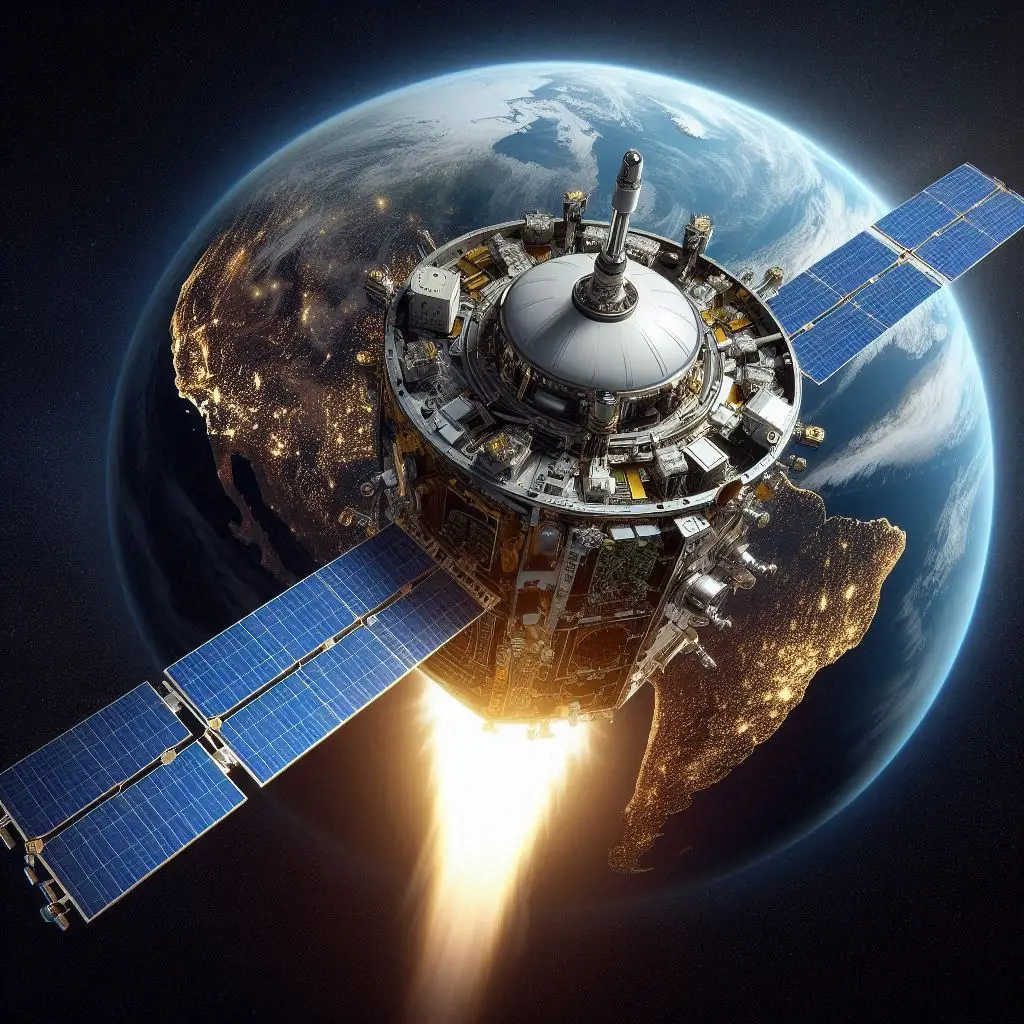Introduction
SpaceX is set to make history with the Polaris Dawn mission, a groundbreaking private spaceflight aiming to accomplish the world’s first private spacewalk. Scheduled for August 28, 2024, this mission represents a significant leap in private space exploration and marks another milestone in SpaceX’s ambitious Polaris Program. The mission will be spearheaded by American billionaire Jared Isaacman and will see a team of four embark on a five-day journey aboard the Crew Dragon capsule Resilience, poised to push the boundaries of human spaceflight.
Mission Overview
The Polaris Dawn mission is set to launch at 3:38 a.m. EDT (0738 GMT) from the Kennedy Space Center in Florida, within a carefully planned four-hour launch window. The mission will be propelled into orbit by a Falcon 9 rocket, and the Crew Dragon capsule, named Resilience, will be making its third flight. This mission is part of the Polaris Program, a series of private spaceflights funded by Isaacman, who is also serving as the mission commander.
Isaacman, who previously commanded the Inspiration4 mission, is joined by an experienced crew. The team includes US Air Force Lt. Col (retired) Scott "Kidd" Poteet as the pilot, bringing his extensive aerospace expertise to the mission. SpaceX's Sarah Gillis, the lead space operations engineer for astronaut training, and Anna Menon, the lead operations engineer for crew operations development and medical officer, will serve as mission specialists. Their combined skills and experience will be critical in achieving the mission’s ambitious goals.
Key Objectives
The primary objective of the Polaris Dawn mission is to conduct the first private spacewalk, a feat never before accomplished by a non-governmental mission. This spacewalk will take place outside the Crew Dragon capsule while in low Earth orbit, providing valuable experience and data that could pave the way for future commercial space missions. The mission also aims to advance SpaceX’s capabilities and provide insights into the operational challenges and possibilities of private space travel.
Polaris Dawn will focus on other scientific and research goals, including the study of the effects of microgravity on the human body and testing new technologies that could benefit future spaceflights. The data gathered during this mission will be instrumental in refining procedures and enhancing safety protocols for future private space endeavors.
Significance
The Polaris Dawn mission underscores the growing role of private enterprises in space exploration. By financing and leading this mission, Jared Isaacman is not only contributing to the expansion of commercial spaceflight but also inspiring a new generation of space enthusiasts and entrepreneurs. The successful execution of this mission could open doors for further private spacewalks and establish new benchmarks for commercial space travel.
Conclusion
As the launch date approaches, excitement builds for the Polaris Dawn mission and its historic spacewalk. SpaceX’s latest endeavor represents a bold step forward in private space exploration, combining cutting-edge technology with the pioneering spirit of its crew. With the support of SpaceX and the determination of its astronauts, Polaris Dawn is poised to make history and set the stage for future advancements in the realm of space travel. The mission will not only capture the imagination of millions but also contribute valuable knowledge and experience to the field of human space exploration.









Add a Comment: